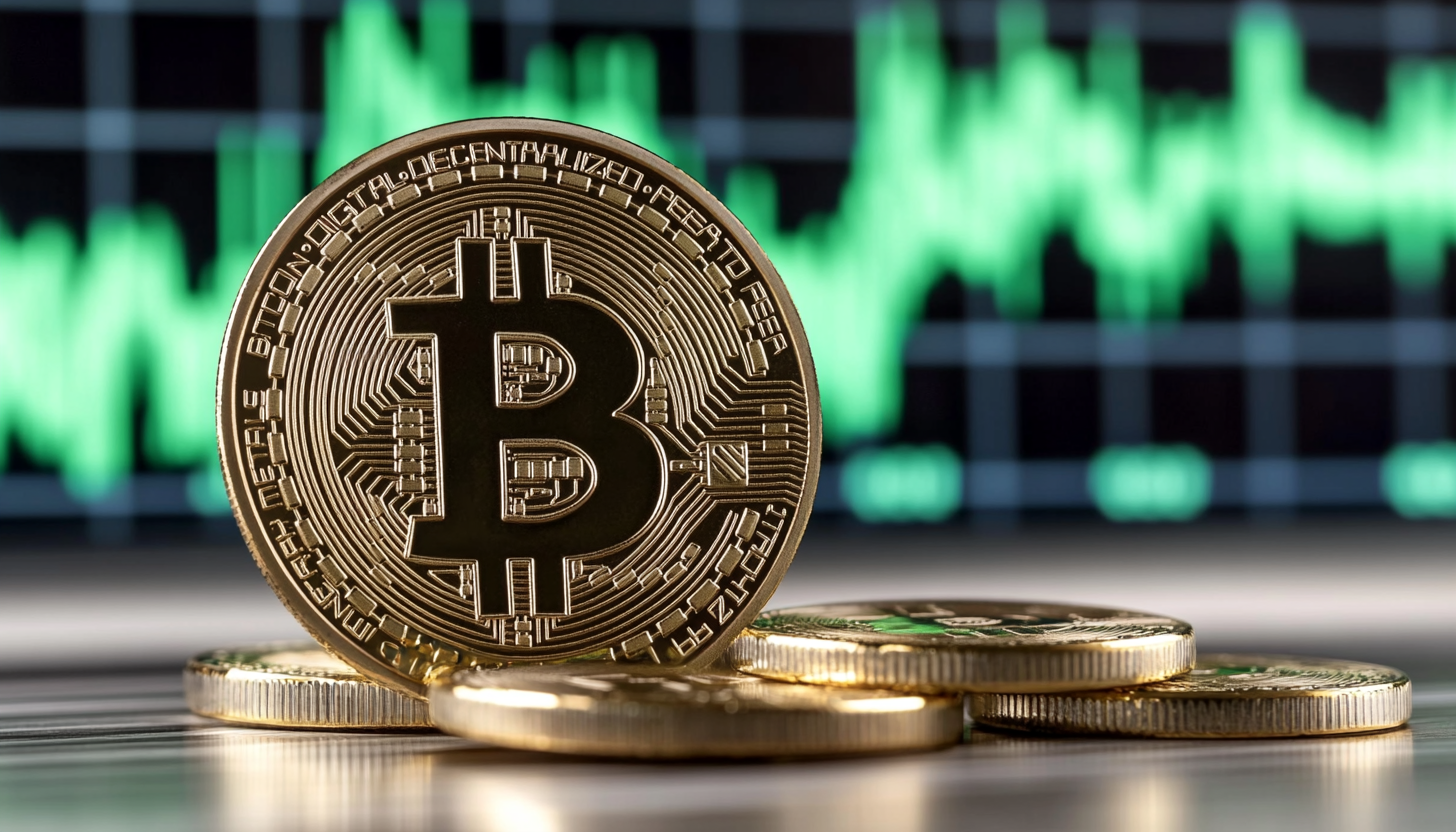
Goldman Sachs, a global investment bank, has recently disclosed investments in Bitcoin exchange-traded funds (ETFs), despite its previously critical stance on the digital asset sector.
A November 14th filing with the U.S. Securities and Exchange Commission (SEC) indicates that the bank currently holds approximately $718 million across eight Bitcoin ETFs.
The largest allocation is to BlackRock’s iShares Bitcoin Trust ETF (IBIT), with an investment of around $461 million. This marks a substantial increase since Goldman’s entry into the spot Bitcoin ETF market earlier this year.
The report also reveals that Goldman Sachs boosted its Bitcoin ETF holdings by $300 million since the previous quarter, a 71% increase. Initially, the bank disclosed its first ETF purchase in Q2 with an August investment valued at $418 million.
In addition to its stake in BlackRock’s IBIT, the bank's diversified portfolio includes $96 million in Fidelity’s Wise Origin Bitcoin Fund, $72 million in the Grayscale Bitcoin Trust ETF, and approximately $60 million in the Invesco Galaxy Bitcoin ETF.
Other investments include $22.5 million in Bitwise Bitcoin ETF, $3 million in ARK 21Shares Bitcoin ETF, $4 million in the Grayscale Bitcoin Mini Trust ETF, and close to $800,000 in the WisdomTree Bitcoin Fund.
These investments represent a notable shift from Goldman Sachs' earlier stance. As recently as 2020, the bank had argued that Bitcoin was “not an asset class” and discouraged clients from investing in it.
Even with the introduction of a limited Bitcoin derivatives trading desk in 2021, skepticism persisted among its leadership.
Sharmin Mossavar-Rahmani, chief investment officer for Private Wealth Management, reiterated this cautious outlook in an April interview with The Wall Street Journal, highlighting that despite a bull market, client interest in Bitcoin and cryptocurrency remained low.
She likened the surge in enthusiasm to past speculative bubbles, indicating that Goldman still does not fully endorse Bitcoin and cryptocurrencies as a viable investment asset class.
Nevertheless, the bank's increased allocation to Bitcoin ETFs suggests a reevaluation of its strategy in response to market developments and institutional interest.

